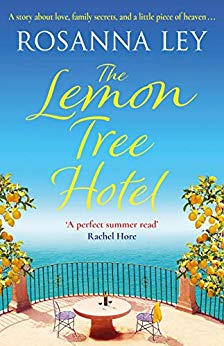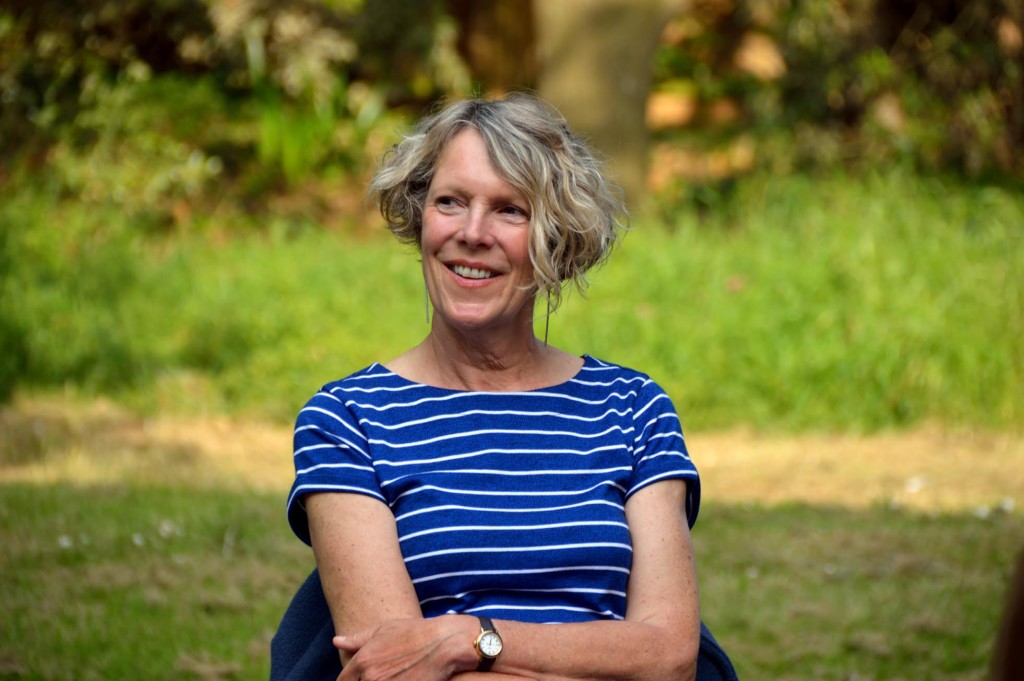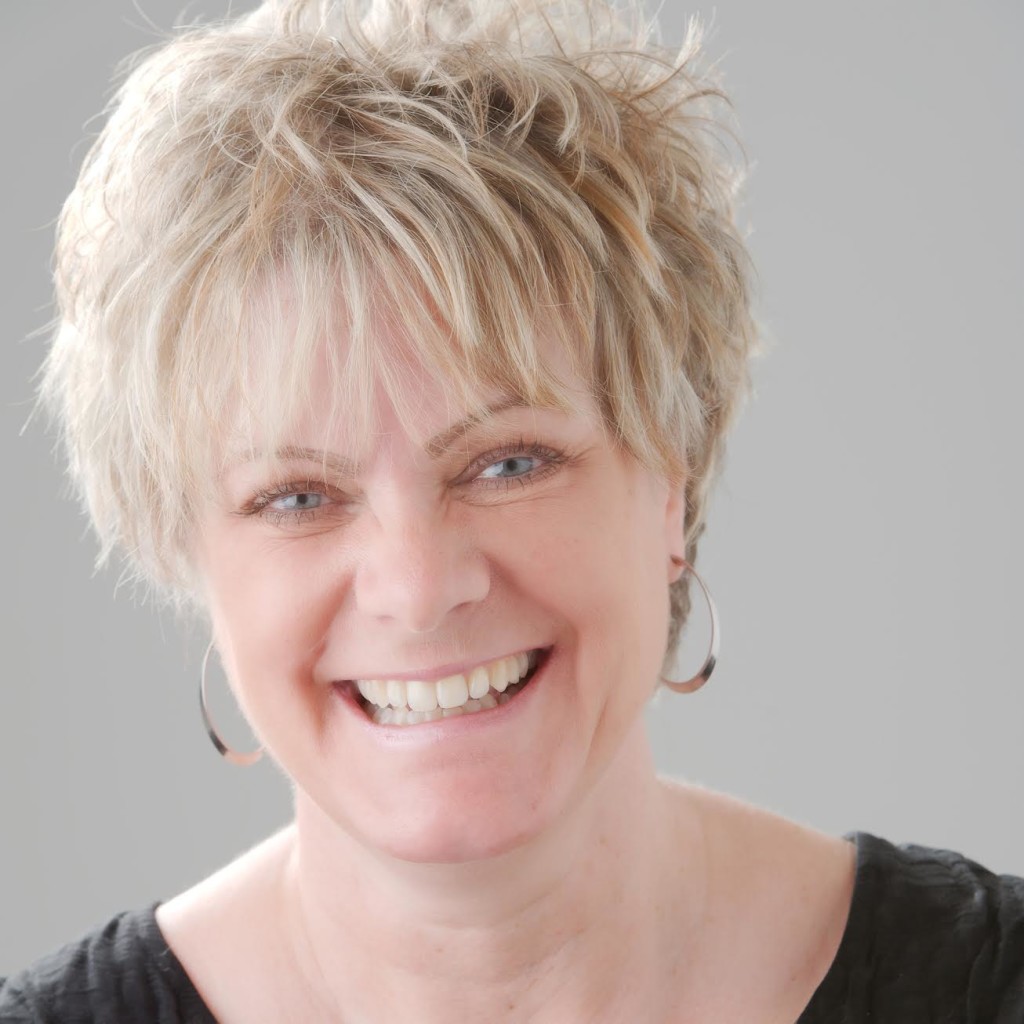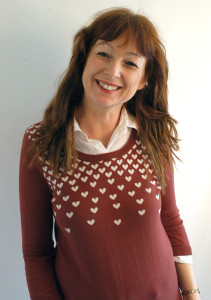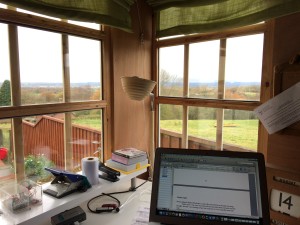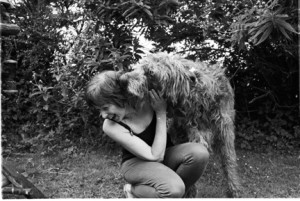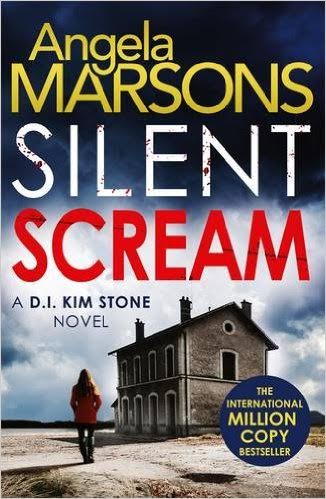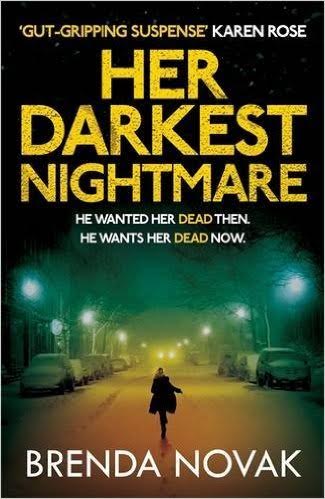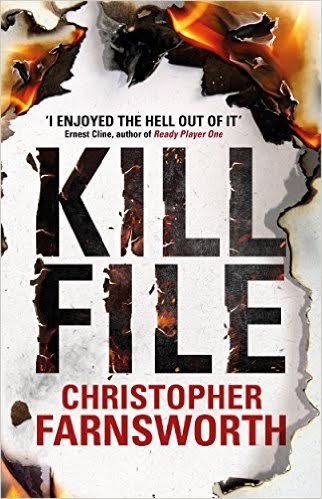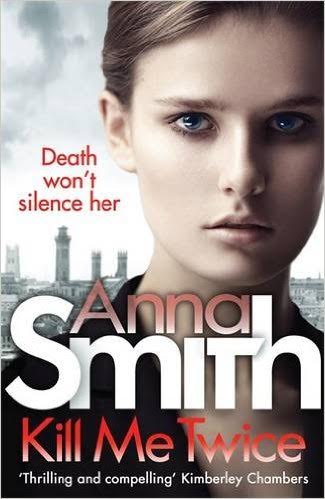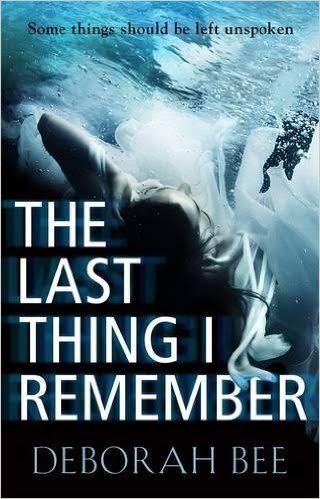How I write.
A big question! To be brief… Once I have a detailed synopsis I tend to write each new scene longhand in a notebook and then edit it as I get it on to the computer. More edits follow and then I move on to the next scene. Once I get to the end of the book I’ll go back for more editing and consider if I’ve got the structure right. Final edits are about fine tuning and polishing.
I’ve written all my life and also done a lot of teaching of creative writing here and abroad with a particular interest in both novels and life-writing for therapeutic practice. I moved to West Dorset, my ‘soul-home’ seven years ago and find it inspirational and peaceful. I love travelling and my books are always based in foreign climes as well as either Dorset or Cornwall or occasionally somewhere else in the UK. I like to think of the books as mainly relationship driven – I’m very interested in people!
What you have written, past and present.
I’ve written 8 books for Quercus including The Villa and Bay of Secrets as well as numerous short stories and articles.
What you are promoting now.
The Lemon Tree Hotel out in paperback 13th June 2019.
Do you plan or just write?
Plan. I do a lot of planning which gives me a good structure to come back to if I then decide to go off piste. Organic writing is lovely and spontaneous but it tends to require a lot of editing…
What about word count?
My books are between 115,000 and 130,000 words long and they always turn out that way…
How do you do your structure?
Before I begin, I think about timeline, viewpoint and narrative tension and decide on the main structure of the novel. I’ll change it if it doesn’t seem to be working. I don’t work to any kind of formula in terms of narrative arcs and points of tension – I don’t want my books to become formulaic and prefer to trust to my instincts.
What do you find hard about writing?
I may have lots of ideas but it’s often hard to form these into an outline that will give me a sufficiently strong story-line (or two) and which will work on all the levels I need it to work. Structural editing can also be very difficult and requires a lot of clear head-space!
It can be hard, working to a deadline and for all writers there is a lot of pressure and often anxiety to deal with. I also hate waiting to find out if readers like my book…
What do you love about writing?
I love the feeling when I know I’ve written a good scene or even a good paragraph and I’m totally satisfied with it – there’s nothing like that feeling for me. I also love being able to go off in my imagination and take control of another world (control freak – haha). I love it when a character starts speaking to me in my head and I love the process of writing a first draft on a fresh page of my notebook whilst sitting on a warm beach somewhere. I love going to new or much-loved places and planning how to set a novel there. I love research but sometimes get too interested in it. I love it when the finished book is delivered and looks beautiful – but I’m already worrying about the next one and whether it is good enough!
It turns out there’s a lot I love about writing, which explains a lot…
Advice for other writers.
Read a lot. Write about what you want to explore. Don’t start writing fiction until you hear the voices in your head. Plan or don’t plan – do whatever feels right. Listen to advice from people who know what they’re talking about. Don’t listen to advice. Don’t give up. Go for a walk or do the ironing if you get stuck. Enjoy. (Turns out there are a lot of contradictions in writing advice too)
The Lemon Tree Hotel by Rosanna Ley will be published by Quercus in paperback on 13th June, £7.99

